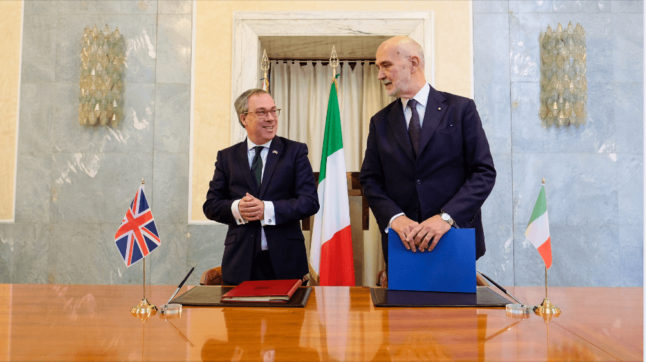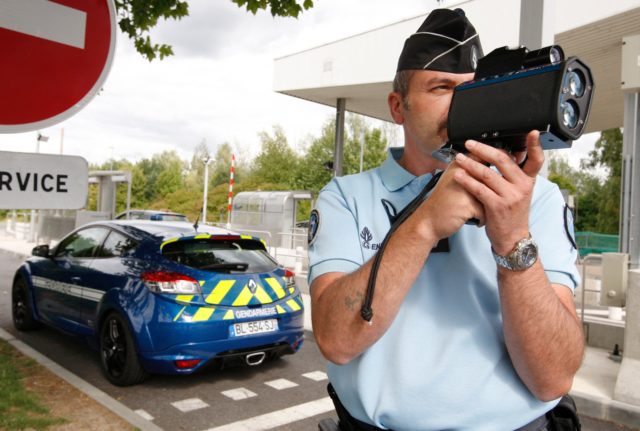The British Embassy in Rome announced the news on Twitter on Friday morning simply saying: “BREAKING NEWS, Uk and Italy sign the Driving Licences Agreement.”
But the embassy did not immediately add any more details over whether this was the long-awaited reciprocal deal for the exchanging of driving licences post Brexit, or just another agreement to extend the grace period for another year.
The government’s Living in Italy web page later confirmed that the deal was indeed the long term agreement people had been hoping for.
“On 23rd December 2022, the British and Italian governments signed a long term agreement for exchanging driving licences,” the page read.
“After its entry into force, if you are resident in Italy you will be able to exchange your UK licence for an Italian one without the need to take a test,” it added.
READ ALSO: Who needs to exchange their driving licence for an Italian one?
No date was given for when it would come into force, but the UK confirmed that a further extension of the grace period allowing drivers with UK licences to drive in Italy had also been agreed.
“In the meantime, the UK is making arrangements with the Italian authorities to ensure that current measures will continue beyond 2022 for a further 12 months, so that you can continue to use your UK licence in Italy after 31st December 2022.”
British ambassador to Rome Ed Llewellyn posted a letter on Twitter saying the long-term agreement would come into force in “early 2023.”
“The agreement would undergo ratification inthe UK and Italy before coming into effect,” he said.
“I know that this has been a period of uncertainty for many of you while the agreement has been negotiated. Thank you for your patience,” he said.
The announcement was met with relief by some of those who had been waiting nervously for the last two years.
“I’m about to cry,” said one.
Another said: “This seems like it has been a difficult process for all but thank you, it’s super news.”
Background
When Britain left the EU at the end of 2020 there was no reciprocal agreement (an arrangement allowing foreign nationals to exchange their licence for an Italian one) in place, but UK licence holders resident in Italy were granted a grace period in which they could continue to drive on their British licences. This was previously extended on Christmas Eve 2021.
A UK government spokesperson confirmed to The Local earlier in mid-December that negotiations were continuing with the Italian government on a reciprocal deal which would allow British nationals to exchange their licences without the need to sit a driving test.
Reciprocal driving licence agreements are in place between Italy and around 20 non-EU countries, including Switzerland, Brazil, the Philippines and Turkey (full list here), which allow holders of these licences to swap their permits without a test.
These rules apply to UK nationals who are resident in Italy. People visiting Italy for short periods can continue to drive on a UK licence.
Find our latest Brexit-related news updates for UK nationals in Italy here.
Find more information on the UK government website’s Living in Italy section.



 Please whitelist us to continue reading.
Please whitelist us to continue reading.
Member comments